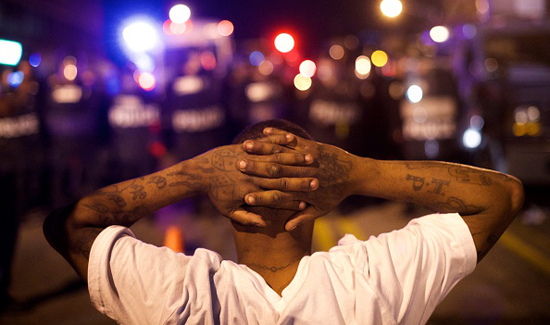Policing the Police

A growing number of police accountability groups are starting to bypass the departments by aggregating and distributing misconduct history databases on their own.
The Cop Accountability Project, a database created by New York’s Legal Aid Society, pools civil rights lawsuits, criminal court decisions, and a variety of other public and private sources like attorney notes and social media content to compile misconduct profiles on nearly 9,000 New York City officers.
The Invisible Institute obtained records from Chicago’s Independent Police Review Authority as well as the department’s internal affairs division – which came to some 56,000 misconduct complaints against 8,500 police officers since 2011. The group processed all the complaints and then published them on a user-friendly, interactive website.
“We positioned ourselves as advocates for data, transparency, and accountability,” Rajiv Sinclair, who works on the database, told The Intercept. “We share all the data with everyone.”
As is the case with New York’s Legal Aid database, the Invisible Institute’s Citizens Police Data Project allows people to search for the complaint records of individual officers, but it also tells broader stories about police trends in the city. For instance, the data shows that young black men on the South and West sides of Chicago consistently file more complaints than any other group in the city — but it also shows that their complaints have a much lower “sustain rate,” Sinclair said, meaning they are much less likely to be investigated and followed up on.














